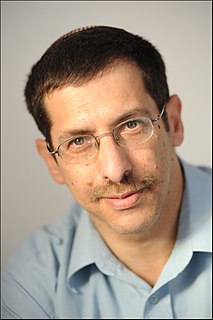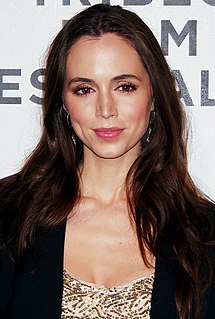A Quote by Mona Eltahawy
My parents' generation grew up high on the Arab nationalism that Egyptian president Gamal Abdel Nasser brandished in the 1950s.
Quote Topics
Related Quotes
Schulz told lies in German, and it's unfortunate someone can speak German in this house, but it is our responsibility to stand up against it - the generation of Schulz's parents and the generation of the Arab MKs' parents collaborated to destroy the Jews. (on European Parliament President Martin Schulz)
Rulers like Egypt's Gamal Abdel Nasser started subsidizing bread as a way to buy loyalty, or at least obedience, and this system became so pervasive that the Tunisian scholar Larbi Sadiki described countries who used it as dimuqratiyyat al-khubz - "democracies of bread." But the problem with this system of offering bread in exchange for genuine democracy is that it can never last - sooner or later, the bread will run out, and people will start demanding bread and roses too.






























